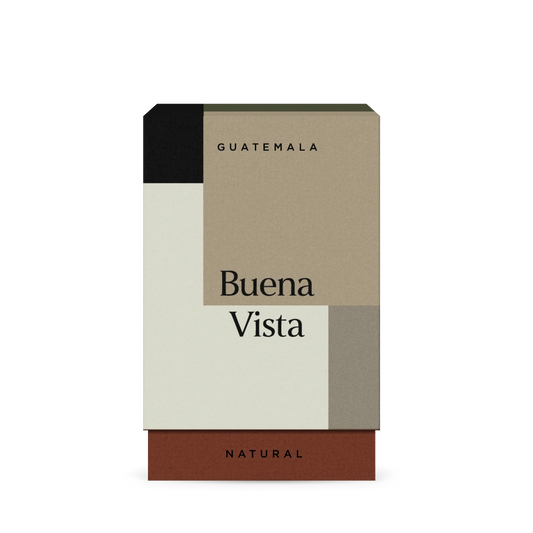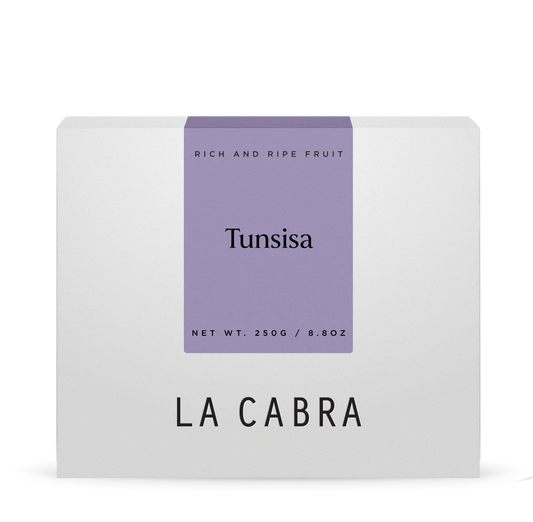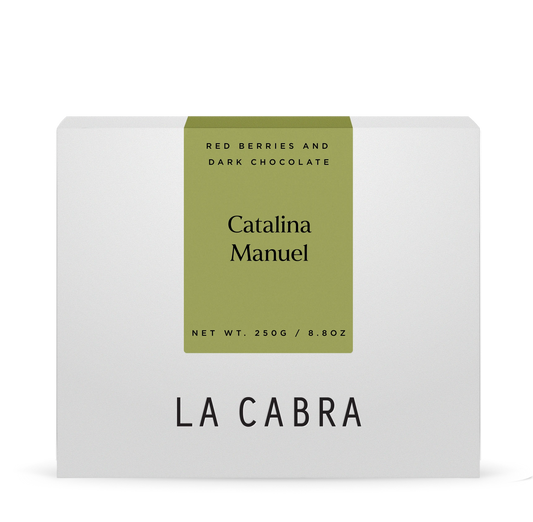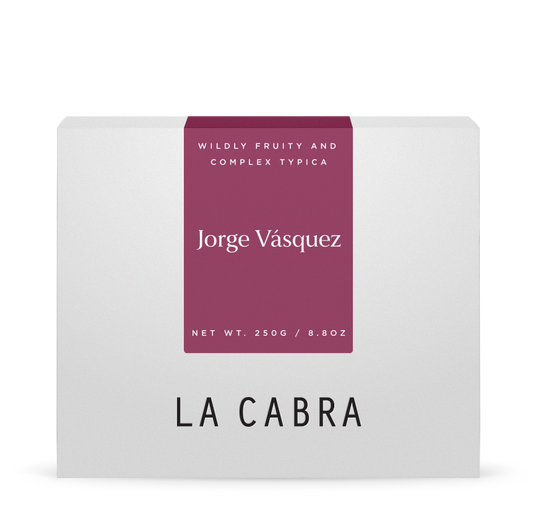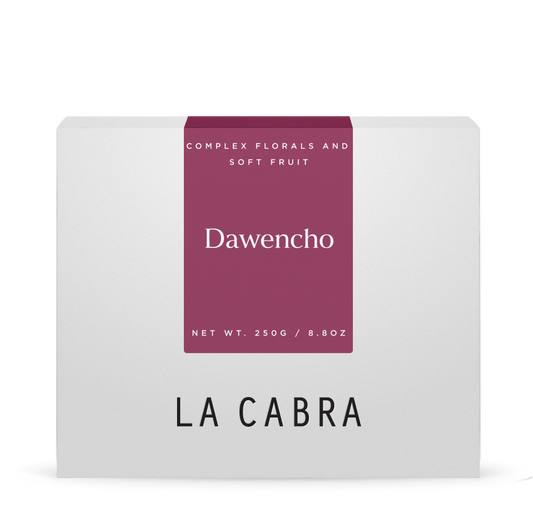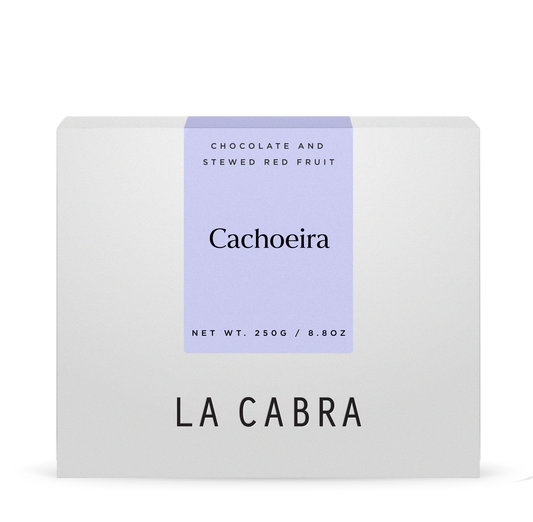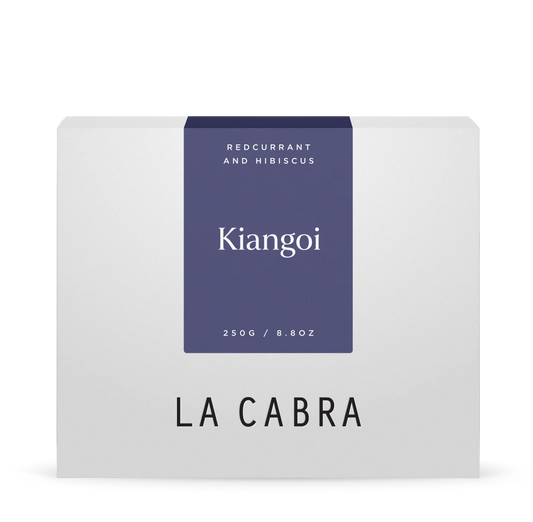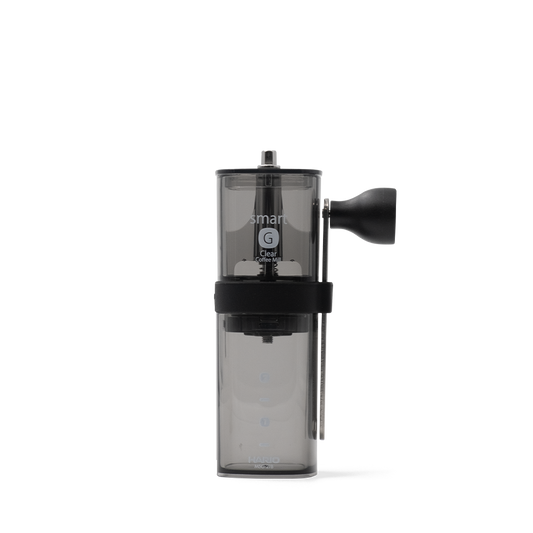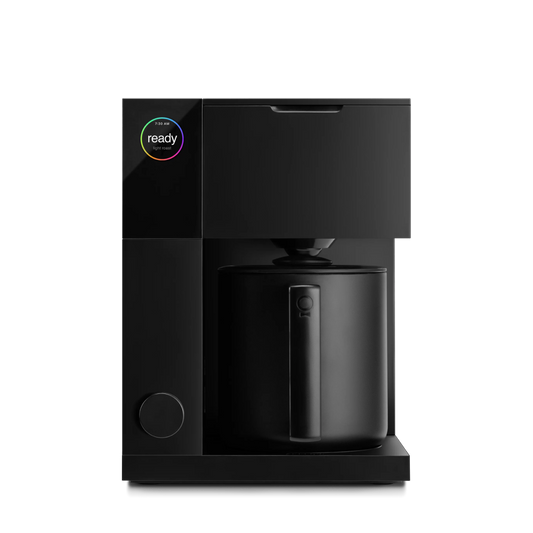
About
Coffee Expression This Anaerobic lot from the Elida Estate showcases clean and intense florals atop a wildly sweet base of stewed berries.
Producer The Elida Estate has been owned by the Lamastus family since 1918. Elida is located high on the Volcan Baru national park, on the fertile slopes of the extinct volcano.
100g (3.53oz) - Whole Bean Coffee / Both for filter and espresso
Brewing Advise
Water is one of the most critical components of an excellent coffee experience. We recommend using mineral water of a soft Total Dissolved Solids count, ideally below 150 ppm.
Rested coffee During the resting process, harsh and astringent flavors, which can even be perceived as a ‘roast’ character, soften out, allowing a clearer and brighter expression of the coffee’s character to shine.
We recommend resting our coffees for at least 10 days after the roast date, and we often find excellent results, especially for particularly dense coffees, beyond 6 weeks.
Brewing Our straightforward approach to coffee carries over into brewing. We recommend our roasted coffee for all brew methods, regardless of whether it is immersion, percolation or espresso. We believe that there is one correct way to roast a single coffee, roasting lightly, in such a way as to release its innate qualities and showcase its quality. Learn more about different brewing techniques and specific brew guides here.
Technical Data
Producer The Lamastus Family
Region Boquete
Altitude 1800 masl
Varietal Geisha
Process Anaerobic
Harvest April 2024
Shipping & Delivery
· Free shipping on US orders above $79 and on orders above $99 to Mexico and Canada
· Ships within 1-3 days from Brooklyn, New York
· Coffee is roasted to order
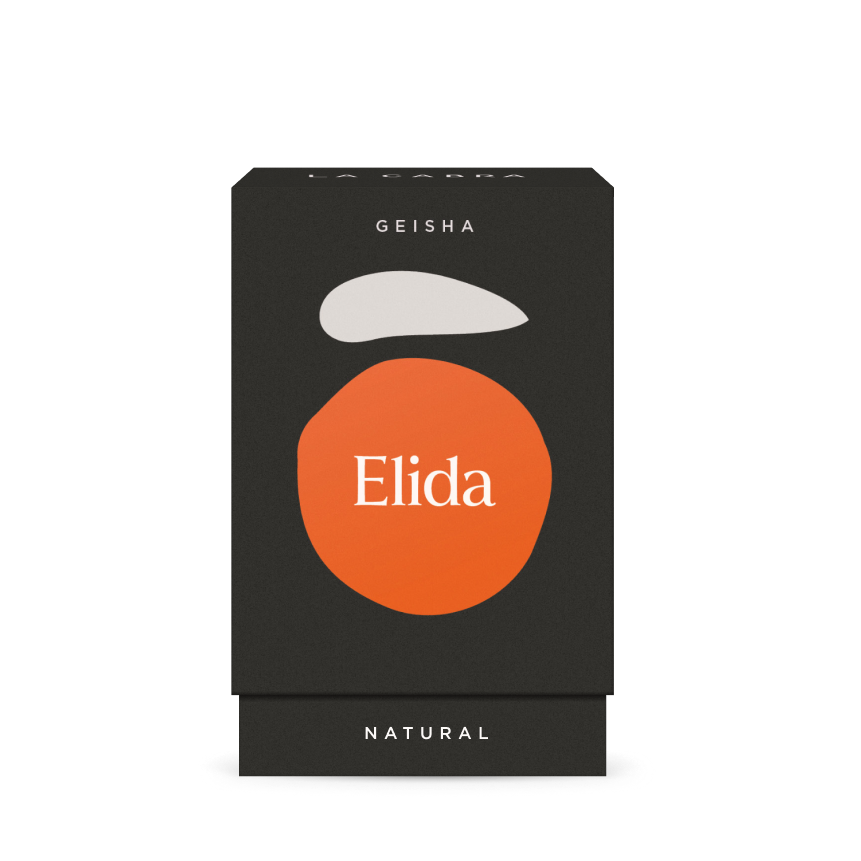
The Lamastus Family Estates
Robert Lamastus started planting coffee on the Elida Estate in 1918. He soon expanded down the slopes, purchasing El Burro in 1925, continuing his work as one of the first in Panama to pursue quality coffee. Elida is located mainly within the Volcan Baru National Forest Reserve, providing rich biodiversity and thick rainforest shade for the coffee trees here. Coffee is planted up to 2000 metres above sea level, while the highest parts of the farm are left untouched, preserving the diversity of native forest species. Nowadays, the Lamastus Family Estates are run by Robert’s grandson and great-grandson, Wilford and Wilford Jr.

Elida Anaerobic Geisha
This lot is from the ‘Falda’ lot of Elida, located at 1800 masl. Falda is a younger lot, and benefits from more sun exposure than many of the other lots on the farm. These sun-drenched cherries are full of energy and sugar, making them better suited for natural processing. Ripe Geisha cherries from Falda were taken to the Lamastus family’s processing station, and sealed in stainless steel tanks together with coffee fruit juice from a previous fermentation. This juice contains a culture of native bacteria and yeast, acting like a sourdough starter to push the fermentation in a particular direction, giving a greater degree of control over the final result. The tanks are sealed for 5 days, before the cherries are laid out to dry on raised beds at a low temperature, taking over 30 days to dry.
This slow and careful drying means the cell structure of the coffee remains intact, locking flavour compounds into the seed and leading to excellent shelf life. This leads to a wild and ripe version of the Elida Geisha, while holding onto the floral aromas we so appreciate in the washed versions. Here this comes across as rich stewed berries, lifted by complex aromas of violet and rosewater.
-3-v1732274242623.jpg?900x1125)

The Wilfords have continued the focus on quality at Elida with their focus on the most lauded of coffee varietals, Geisha. Panama and Geisha are tightly connected, the iconic varietal had its breakthrough at Hacienda La Esmeralda, also located on the slopes of the Baru Volcano. The conditions at Elida are perfect for the production of the highest quality Geishas. At the top elevations on the farm, the temperature often drops below 10 degrees by night, lengthening the cherry maturation phase by about a month, slowing development and leading to a further concentration of sugars in the fruit. This intensity and complexity continues into the cup, in part due to excellent processing.



